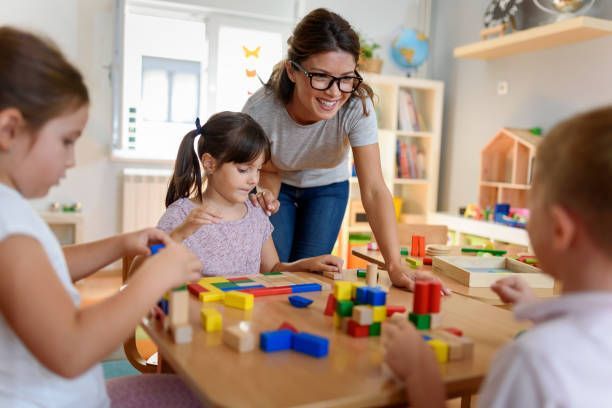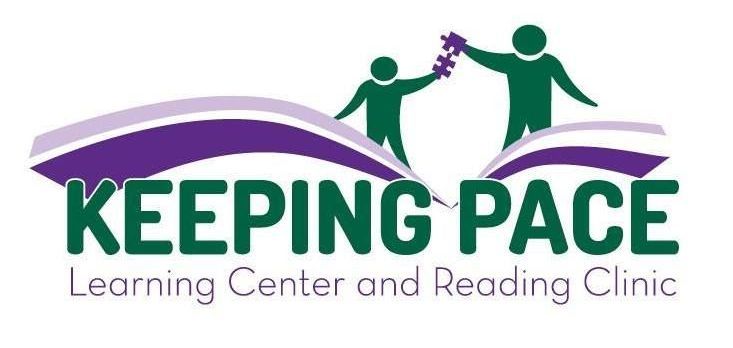Our Approach
Cognitive & Processing Interventions | Cognitive & Academic Assessments | One on One Interventions
Level up the Learning Continuum
At our learning center, we recognize that if we are going to significantly impact academic learning, we must prepare the brain for learning by strengthening the underlying thinking and processing skills that support academic learning.
The primary work done at our center is one-on-one with students and the focus is on strengthening and developing the skills that support and lead to independent academic success.
Working one-on-one allows us to adjust the instruction very specifically to the student. We want to move the student forward as rapidly as possible without leaving holes in his or her learning. Students working one-on-one get immediate feedback so they never practice doing skills incorrectly. Contact Keeping Pace Learning Center and Reading Clinic to schedule a tour of our facility.
Get in touch today
Today
Call
916 891-6133
Level up the Learning Continuum
At our learning center, we recognize that if we are going to significantly impact academic learning, we must prepare the brain for learning by strengthening the underlying thinking and processing skills that support academic learning.
The primary work done at our center is one-on-one with students and the focus is on strengthening and developing the skills that support and lead to independent academic success.
Working one-on-one allows us to adjust the instruction very specifically to the student. We want to move the student forward as rapidly as possible without leaving holes in his or her learning. Students working one-on-one get immediate feedback so they never practice doing skills incorrectly. Contact Keeping Pace Learning Center and Reading Clinic to schedule a tour of our facility.
"Love this place - integrate learning and sensory in a comprehensive way I've never see before.
Really helped my autistic son."
Christina Lee

Basic Language and Academic Skills
- Language including expressive and receptive language, articulation, and vocabulary development
- Reading: decoding phonics, sight words, comprehension, and morphology
- Writing: printing and cursive spelling, sentence structure, paragraph, and essay writing
- Grammar, organization, and composition
- Editing and proofing

Content Area and
Higher Academic Skills
- Content courses such as Sciences, Algebra, and Chemistry
- Refining and applying basic academic skills
- Persuasive and creative writing skills
- Study skills

Executive Function and Cognitive Flexibility Skills
- Visual inner language
- Verbal inner language
- Organizational skills
- Time management
- Patterns and relationships
- Problem solving
- Strategizing
- Using information
- Making connections
- Logic and reasoning skills
- Relevance VS non-relevance
- Planning
- Study skills and test taking strategies

Processing and Cognitive Skills
- Attention
- Memory
- Processing speed
- Auditory processing
- Phonemic awareness
- Visual processing
- Sensory-motor integration
- Sequential processing
- Simultaneous processing
Core Learning Skills
- Sensory input
- Postural security
- Body awareness
- Reflex integration
- Interpret tactile proprioceptive and motor input
- Balance
- Motor planning
- Bilateral and cross lateral integration
- Hand-eye coordination
- Ocular motor control
- Listening skills
- Visual-spatial skills
- Fine motor control and pencil grip
- Attention awareness control
Motor, visual, auditory, attention, memory and executive function systems develop and are used with increasing sophistication as one move up the continuum. Higher level success is dependent upon a solid lower level foundation.
Individualized Attention for
Each Student
As you study the continuum you will notice that there is an overlap among segments. In addition, within each segment, there are higher and lower skills. In order for a student to make and sustain progress, we start working on the highest level they can handle and still benefit from.
However, without careful attention to the underlying skills that need to be addressed, students will not progress. That is why the tutoring, after-school programs and endless hours of homework have not helped solve the learning problems. Some underlying skills are so underdeveloped that the student cannot learn easily and efficiently so they can hold on to the new information.
When children are struggling, it is so tempting to attack the academic areas where grades are poor. Not all students need to start at the bottom of the continuum. However, it is very important to recognize that success at the higher levels is supported by stronger skills at the lower level of the continuum.
